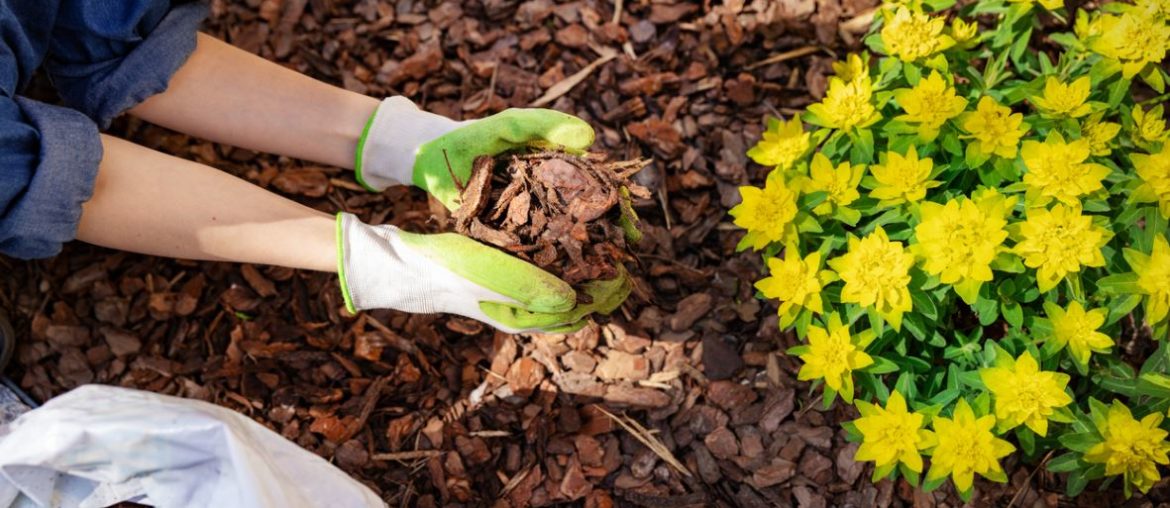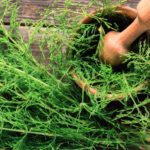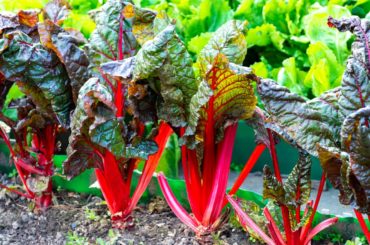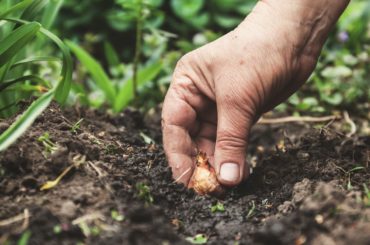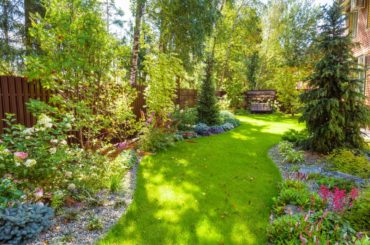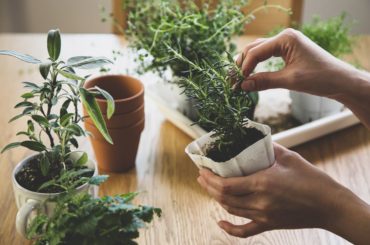Mulching helps to slow down the growth of weeds, but also to provide your soil with organic components that fertilize it. It has imposed itself in the ornamental garden as in the vegetable garden. There are different types of mulch: organic, mineral, mulch cloth… How to choose it?
Organic or vegetable mulching
It is made with materials that are derived from plants. You can buy it in a garden center, but you can also make it yourself. There are different types :
Straw : it is little used, because it is difficult to obtain, but it offers great efficiency. It can easily be replaced by green waste from the garden.
Dead leaves : they are perfect, but they risk flying away at the slightest gust of wind. You can combine them with compost to overcome this drawback.
Mowing waste : they must be dried before, to avoid the risk of mold and fermentation.
Shredded cutting waste and fermented rameal wood : it is an advantageous mulch if you have what it takes to crush them.
The half-decomposed compost : it serves as mulch, fertilizer and amendment, if you place it on the surface of the soil.
If you prefer, you can turn to commercial mulches. These are often more aesthetic and they exist in different materials. The choice is then made according to their decorative qualities, your budget, the type of plants grown and the type of soil.
Linen, miscanthus, hemp mulch : they lighten slightly heavy soils.
Cocoa pods : they are particularly adapted to poor soil and they are very rich in minerals and nitrogen.
Wood chips, buckwheat husks, leafy bark, coconut chips : they are suitable for practically all situations. Buckwheat pods will be preferred for perennials and they help keep snails and slugs away.
Pine bark : they allow to bring a certain acidity to the soil. It is the perfect mulch for hydrangeas or other heather earth plants.
The advantages of organic mulches:
- They are biodegradable and they provide nutrients for the soil, use them for mulching the vegetable patch.
- By choosing it well, you are amending your soil at the same time as you are preserving your plants.
- They offer you a solution to recycle your garden waste.
The disadvantages of organic mulch:
- They should be changed often so that they can protect your plants.
- Some are very light and cannot withstand the wind.
- When it rains heavily, organic mulch tends to promote excess moisture to the feet of rotting plants. Spread it out of the way when setting it up.
- It also prevents plants from reseeding themselves.
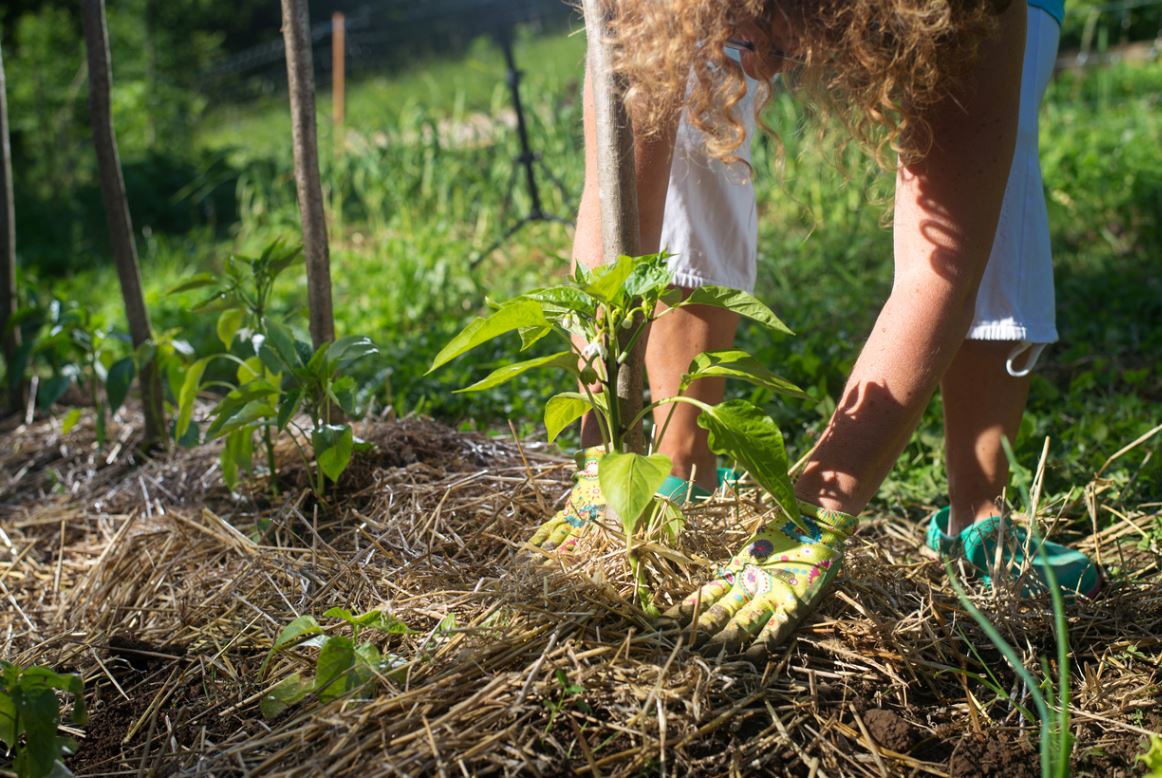
Mineral mulching
It remains natural, but consists of elements such as granite, marble, basalt, limestone… It is often chosen because of its aesthetic appearance.
It comes in different forms:
Slate petals : they are very elegant with their pretty, very dark blue hue.
Gravel : you find them in different colors and sizes.
Pozzolana : it comes from a light and porous volcanic rock.
Their advantages:
- They are durable over time.
- They are more economical in the long term since you do not renew them.
- They are recommended for plants that appreciate dry land and do not tolerate the presence of humidity at the collars.
- They keep the temperature and it’s perfect on very cool nights.
- They resist the winds.
- They are suitable for plants in pots.
Their disadvantages:
- They do not provide organic matter.
- They retain less moisture and little preserve the freshness of the soil.
Mulching fabrics
They are reserved for large surfaces, they fight effectively against weeds. They are perfect for planting hedges in particular. They exist in organic version or in the form of synthetic or geotextile fabrics.
Organic fabrics are more ecological, but more expensive.
Read also : How to make your own mulch?



